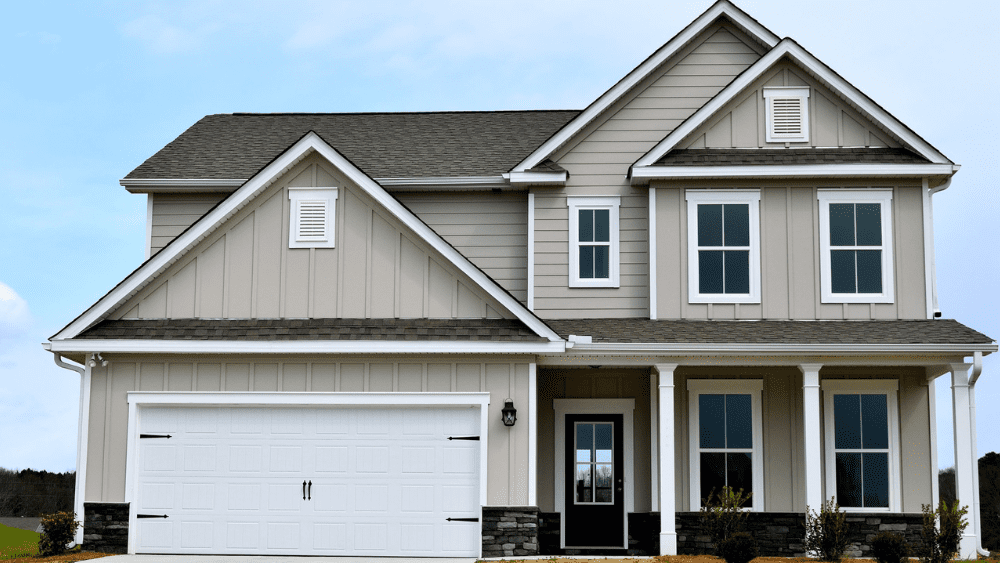
When you bought your home, you probably remember paying closing costs beyond the purchase price. It was likely part of your buying budget, and you may have had to skimp and stretch to make ends meet. But you made it happen. Now you’re preparing to sell, and a common question for first-time sellers is, “Who pays closing costs when selling a house?” This guide will help clear up confusion about seller closing costs; how much they might cost you, and who pays for what. We’ll also share tips to potentially reduce these expenses. When it comes to closing costs, both sellers and buyers have their own sets to cover. Generally, the seller is responsible for a larger portion of these costs, which can include various fees and charges related to the sale of the home. However, the exact distribution of these costs can vary by location, negotiation, and the specific terms of the sale agreement. In the next few sections, we’ll break down what you can expect. For sellers, closing costs typically range from 6% to 10% of the home’s selling price. This percentage encompasses a variety of fees, including agent commissions, which represent a significant portion of the costs.Who pays closing costs when selling a house?
How much are seller closing costs?



